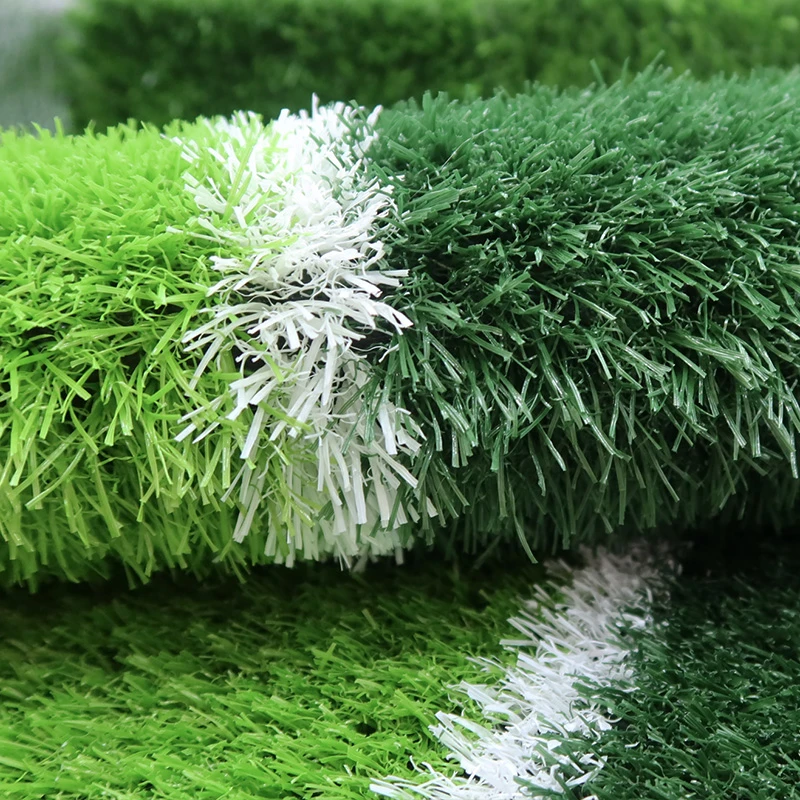
- Afrikaans
- Arabic
- Belarusian
- Bengali
- Czech
- Danish
- Dutch
- English
- Esperanto
- Estonian
- Finnish
- French
- German
- Greek
- Hindi
- Hungarian
- Icelandic
- Indonesian
- irish
- Italian
- Japanese
- kazakh
- Rwandese
- Korean
- Kyrgyz
- Lao
- Latin
- Latvian
- Malay
- Mongolian
- Myanmar
- Norwegian
- Persian
- Polish
- Portuguese
- Romanian
- Russian
- Serbian
- Spanish
- Swedish
- Tagalog
- Tajik
- Thai
- Turkish
- Turkmen
- Ukrainian
- Urdu
- Uighur
- Uzbek
- Vietnamese
Dealing with Unpleasant Odors from Synthetic Turf Solutions
Dec . 20, 2024 13:15 Back to list
The Peculiar Problem of Smelly Artificial Grass
In recent years, artificial grass has gained immense popularity as a low-maintenance alternative to natural turf, found in homes, parks, and sports fields alike. While it presents many advantages—such as durability, a lush appearance year-round, and minimal water usage—there is an issue that can lurk beneath its vibrant green surface запах. This peculiarity, dubbed smelly artificial grass, has puzzled homeowners and facility managers alike.
Understanding the Odor
The primary cause of unpleasant odors emanating from artificial grass is often linked to the materials used in its production. Most artificial turf products are made from polyethylene or polypropylene fibers, which themselves are not inherently smelly. However, the infill material, often comprised of rubber, sand, or a combination thereof, can harbor organic matter, mildew, and bacteria, particularly in warm, humid environments. This combination can lead to the generation of bad smells, especially if the turf isn't subjected to regular maintenance.
Factors Contributing to the Smell
1. Infill Material As mentioned, the infill can trap moisture and organic debris. Rubber infill, especially if derived from recycled tires, can emit a rubbery smell, particularly in hot weather. Furthermore, sand infill can retain water, promoting the growth of bacteria and mold that contribute to unpleasant odors.
2. Improper Installation When artificial grass is poorly installed, it can hinder proper drainage, allowing water to accumulate. Standing water is a breeding ground for foul-smelling bacteria, which can be released whenever the grass is disturbed.
3. Environmental Conditions The environment also plays a significant role in how artificial grass behaves. Areas with high humidity, combined with a lack of sunlight, are conducive to mold and mildew growth. Moreover, locations near livestock or heavy vegetation can lead to additional organic waste on the turf, enhancing the odor problem.
Prevention and Solutions
smelly artificial grass

Addressing smelly artificial grass is not only essential for maintaining a pleasant outdoor environment but also for ensuring the longevity of the turf itself. Here are some effective strategies to mitigate this issue
1. Regular Cleaning Regularly cleaning your artificial grass is crucial. Rinsing with water can help remove debris and diminish odors. For deeper cleaning, consider using a mixture of water and mild soap to scrub away any built-up organic matter.
2. Proper Drainage Ensuring that your artificial grass has an efficient drainage system during installation is important. This can prevent water accumulation and reduce the likelihood of bacteria growth.
3. Choosing the Right Infill Selecting the appropriate infill material can significantly affect odor levels. Some infills are specifically designed to control odors, with antimicrobial properties that reduce bacteria development. Consider options like coated sand or organic infills that minimize odor issues.
4. Sunlight Exposure Allowing sunlight to reach the artificial grass aids in drying it out, thus decreasing moisture and potential odors. If possible, trim overhanging branches or relocate potted plants to increase light exposure.
5. Odor Eliminators Utilizing odor-eliminating sprays or granules designed for turf can help neutralize smells. Search for products that are eco-friendly and safe for both pets and children.
Conclusion
While smelly artificial grass may seem like an unavoidable consequence of using synthetic turf, it is certainly a manageable problem. With a combination of regular maintenance, proper installation techniques, and the right material choices, homeowners and facility managers can enjoy all the benefits of artificial grass without the olfactory downsides. By addressing this peculiar challenge, we can ensure that artificial grass remains a popular and attractive alternative to natural lawns, enhancing both residential and commercial spaces without the unwelcome scent.
-
The Benefits of Artificial Turf for Indoors
NewsJul.15,2025
-
How Artificial Grass Suppliers Ensure Quality Products
NewsJul.15,2025
-
Artificial Grass and Pets: A Space for Relaxation
NewsJul.08,2025
-
Balcony & Outdoor Decoration with Artificial Grass
NewsJul.08,2025
-
Best Indoor Artificial Grass for Home
NewsJul.07,2025
-
Best Pet Turf for Dogs: Safe & Durable Artificial Grass Options
NewsJul.07,2025
Products categories









